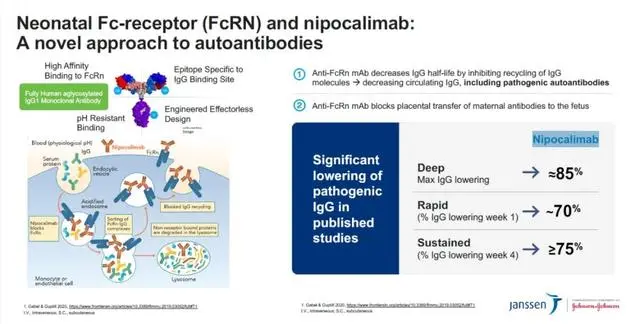Janssen-Cilag International NV, a subsidiary of Johnson & Johnson (J&J, NYSE: JNJ), has unveiled the latest analysis results from the Phase II DAHLIAS study for nipocalimab, an investigational FcRn blocker, in adult patients with moderate-to-severe Sjögren’s disease (SjD). The study has shown that the drug significantly improved key measures of disease activity and achieved over 77% associated IgG reductions.
Study Outcomes and Clinical Improvements
In the DAHLIAS study, patients receiving nipocalimab (n=54) demonstrated a significant improvement in the ClinESSDAIa score at 24 weeks, successfully meeting the primary endpoint. This improvement was accompanied by the achievement of key secondary endpoints, which indicated reduced disease activity both systemically and across multiple organ systems. Positive physician assessments and composite SjD assessment tools further supported the drug’s efficacy. Nipocalimab was well tolerated, with no major safety signals observed, adding to its profile as a potential treatment for SjD.
Regulatory Designations and Global Recognition
Nipocalimab has previously earned fast-track, Orphan Drug Designation (ODD), and Breakthrough Therapy Designation (BTD) statuses in the US for the treatment of adult patients with SjD over a span of six years. This recognition underscores the drug’s potential to address a significant unmet medical need. Additionally, an orphan medicinal product designation was granted by the European Medicine Agency for the use of nipocalimab in haemolytic disease of the foetus and newborn (HDFN) in October 2019, highlighting its potential across a range of indications.-Fineline Info & Tech
